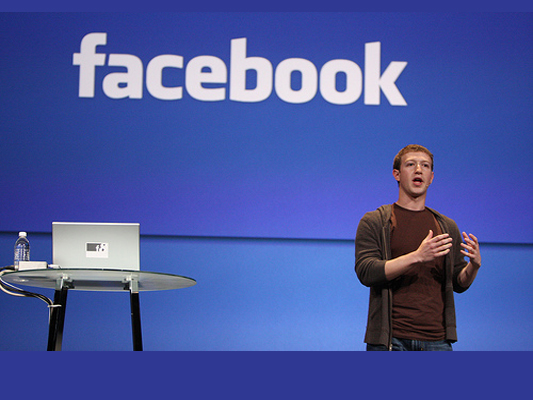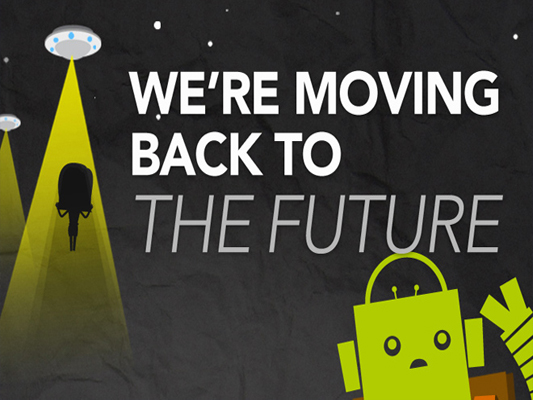According to the Posterous study, conducted by Harris Interactive Survey, Facebook users are sharing less information. Some explanations behind this phenomena were indirectly reported at Twitter’s press conference last week at their new 215,000 square foot office in San Francisco. iOS 5 is bringing Twitter new and more active users then ever before. In September, the microblogging site reported 100 million active monthly users (one fifth of Facebook’s 500 million active users) and over 250 million tweets being posted per day. CEO Dick Costolo and Executive Chairmen Jack Dorsey also announced last week that since the release of iOS 5, they’ve seen a 25% increase in new member signups. The integration of the Twitter into the iOS 5 platform gives iOS device users an intuitive way to share and discover new and interesting content.
Twitter’s new design correlates with the iOS 5 integration by simplifying and organizing the platform into four distinct functionalities: Home, Connect, Discover, and Me. One of the biggest complaints by non-Twitter users over the past several years is that they “did not understand” or “did not see the point to” the platform as a whole. The new design not only allows users of all ages to easily understand the goals and purpose of the platform, but also streamlines content in a more familiar “feed-like” layout interface. Unlike Facebook, Twitter understands that simplicity is the key to success. When technology becomes too complicated it cannot sustain growth and user confidence. Mark Zuckerberg focuses on the constant innovation of his product, but in the process neglects the needs of simplicity and intuitiveness that users demand. What does this mean for Facebook? Let’s be honest, no one is going to delete their Facebook. Why? Because it’s an intricate part of the interlinings of the web and also holds an emotional connection in the personal lives of its users. Find a website that doesn’t have some aspect of Facebook on it (even if its simply a company Facebook page) and I would argue that the website is either outdated or doesn’t understand the power Facebook holds on the social web. This was one of my biggest concerns with the now recalled Jawbone Up: the app had no Facebook or Twitter integration. Facebook has also become a very personal and emotional tie to the web. Essentially, Facebook replaced that shoebox in your attic filled with old family photos and memories and moved it to the digital web. This very personal anchor, along with the platform’s full web integration, will hold users at bay from deleting their accounts. Deleting your Facebook account isn’t the problem for the web behemoth, your information is what the company cares the most about. Facebook’s entire business model is centered around ad revenue. This ad revenue stems from directly targeted ads based on “likes”, shares, and even other sites you visit on the web while you are on Facebook. When users stop or slow down sharing, Facebook won’t be able to sell their highly targeted ads based on their every move. This decrease in sharing stems not only from the innovation and transformation of the Twitter platform, but also from the rising amount of social networking startups that are rapidly building communities; both on top of the Facebook platform(Instagram/Path) and outside of the Facebook platform (Chime.In). This transformation and uprising of new social platforms are working together to steal Facebook’s most valuable asset: our shared information. As more users make the switch to new platforms, or to simplicity in the case of Twitter, Facebook will lose that valuable information which is the backbone to their business model. This transition will be difficult to track, but the effects will be displayed in Facebook’s already unimpressive click-through rates on links as well as advertisements. These are some of the many reasons that Facebook is rushing to IPO in early 2012. Zuckerberg and Facebook’s 500+ investors know that the clock is ticking and they’re losing something even more valuable than your Facebook account: your time.The Real Reason Facebook is Rushing to IPO
By Techli
12 diciembre, 2011











